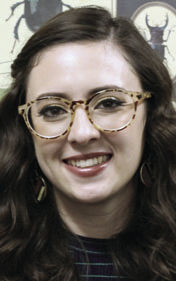
By Jeanette Castanon
Spring is fast approaching and there are a few things you can do to ensure that your garden is in the best condition for planting. It is important to get out there and thoroughly inspect what has happened to your garden during the winter months.
Make sure to look out for beds that need cleaning and walls or fences and other hardscaping elements that may need repairs. Also make sure you look out for animal burrows or other potential pests that may have camped out in your backyard that pose a potential threat to your garden.
Spring cleaning is a very important step, go through and make sure to pick up any twigs, leaves and other plant material that were a safe home for many pathogens and insects over the winter months. The cleaner your garden the less likely your plants are of being exposed to last season’s problems.
This also applies to weed seedlings the sooner you stay on top of them the less you will have to deal with them the later in the season. Get them while they are small and easier to pull if you allow weeds to go to seed, they will be very stubborn by then and will require more mechanical control and heavier herbicide application.
Test your garden soil at this time as well to find out what your soil has and what it needs. This information can help you avoid wasting money on fertilizer containing nutrients that your soil may already be rich with. You can find soil sample bags at the Midland extension office and send them in for testing.
January and February are the optimal months to begin transplanting mature or established shrubs while they are dormant. Begin sowing seeds in flats or containers to help the give the seedlings optimal growth before the hot weather arrives, then transplant later to your garden.
The best care you can give your garden is preventative care. Make sure that your garden is in the best shape possible before you begin planting so you give your flowers and shrubs their best chance possible to thrive with the least amount of interference from insects, animals and diseases.
For more information, call the AgriLife office at 498-4071 in Odessa or at 686-4700 in Midland, email [email protected] or visit aggie-horticulture.tamu.edu or westtexasgardening.org.



